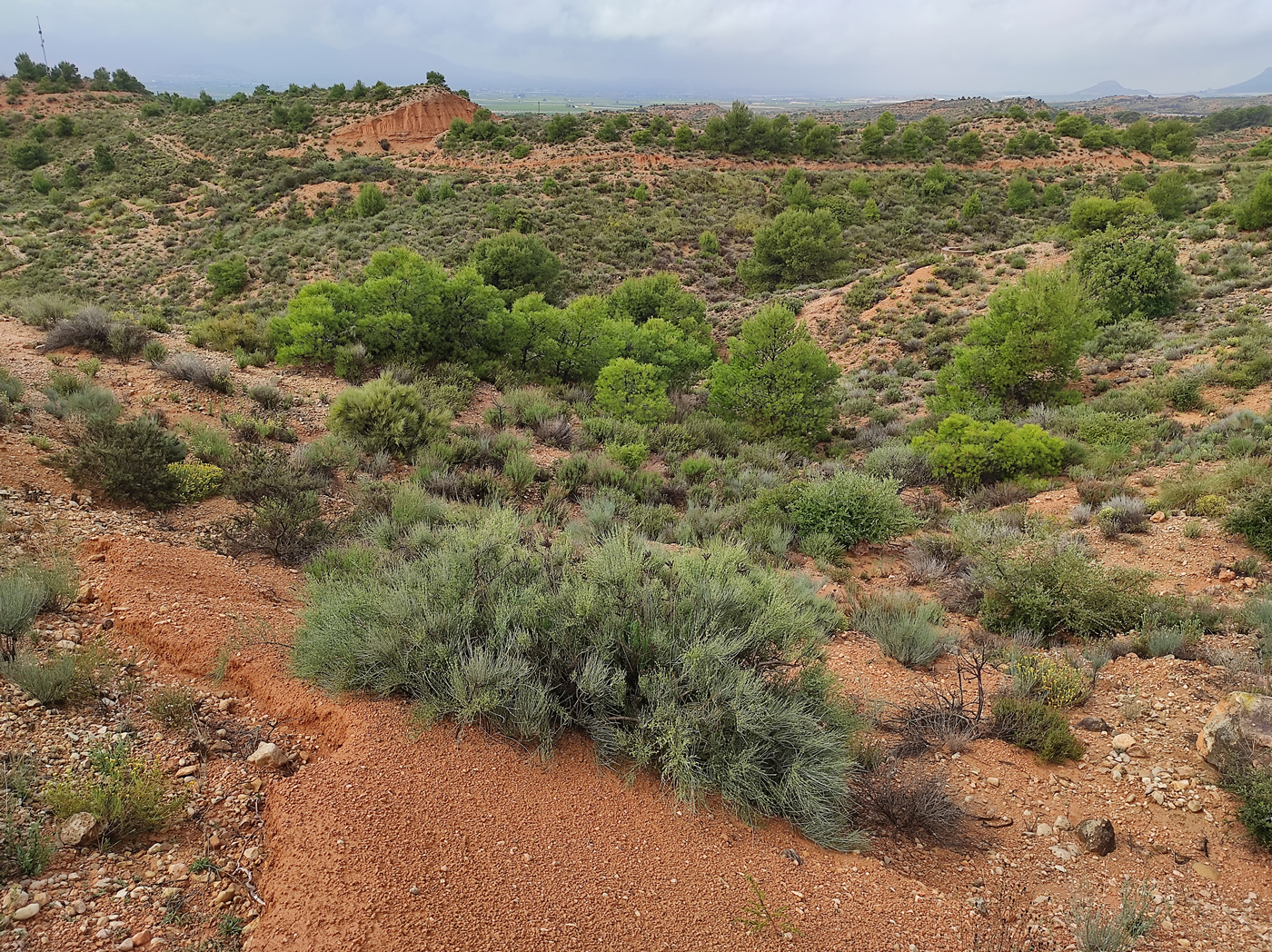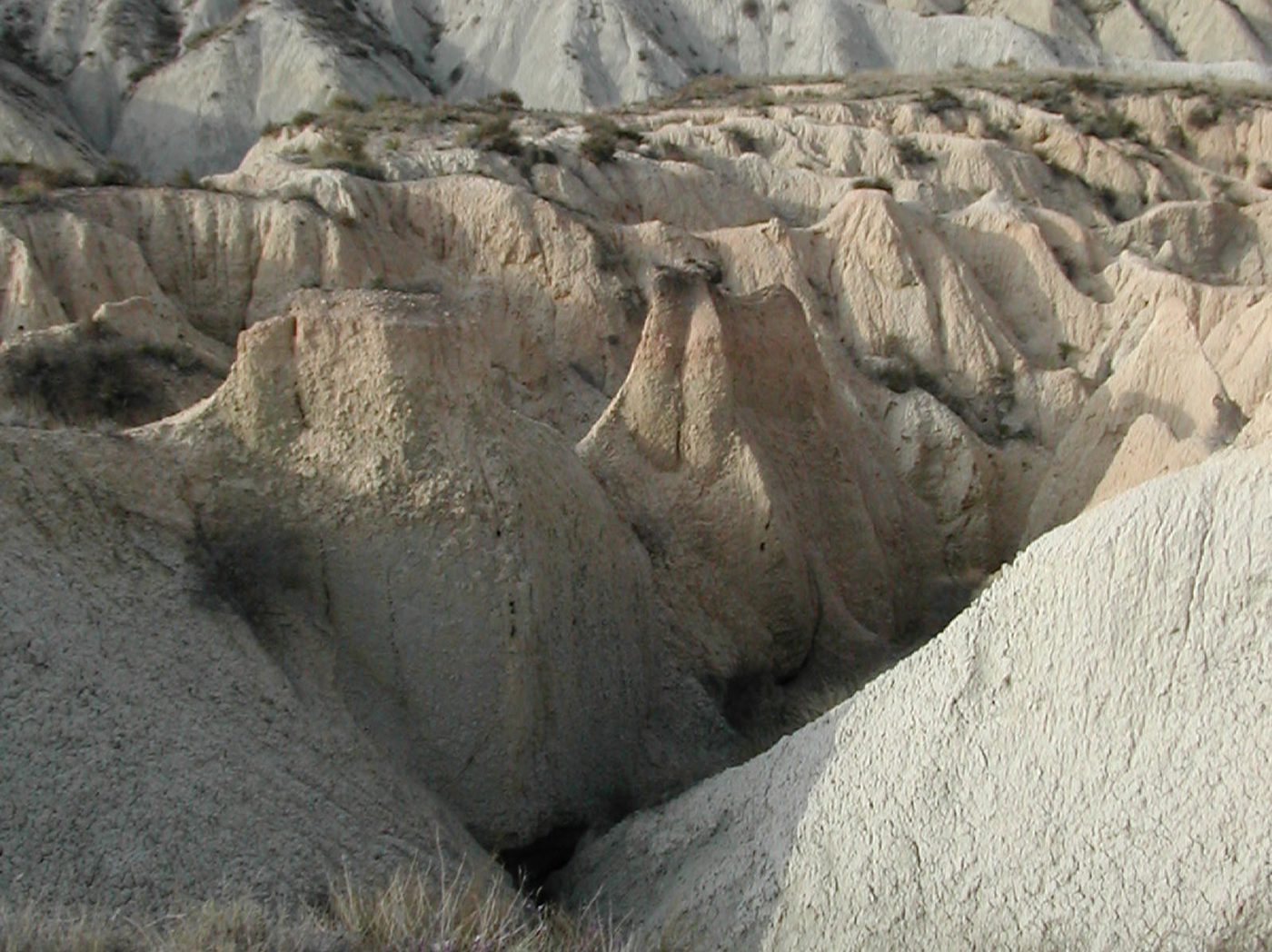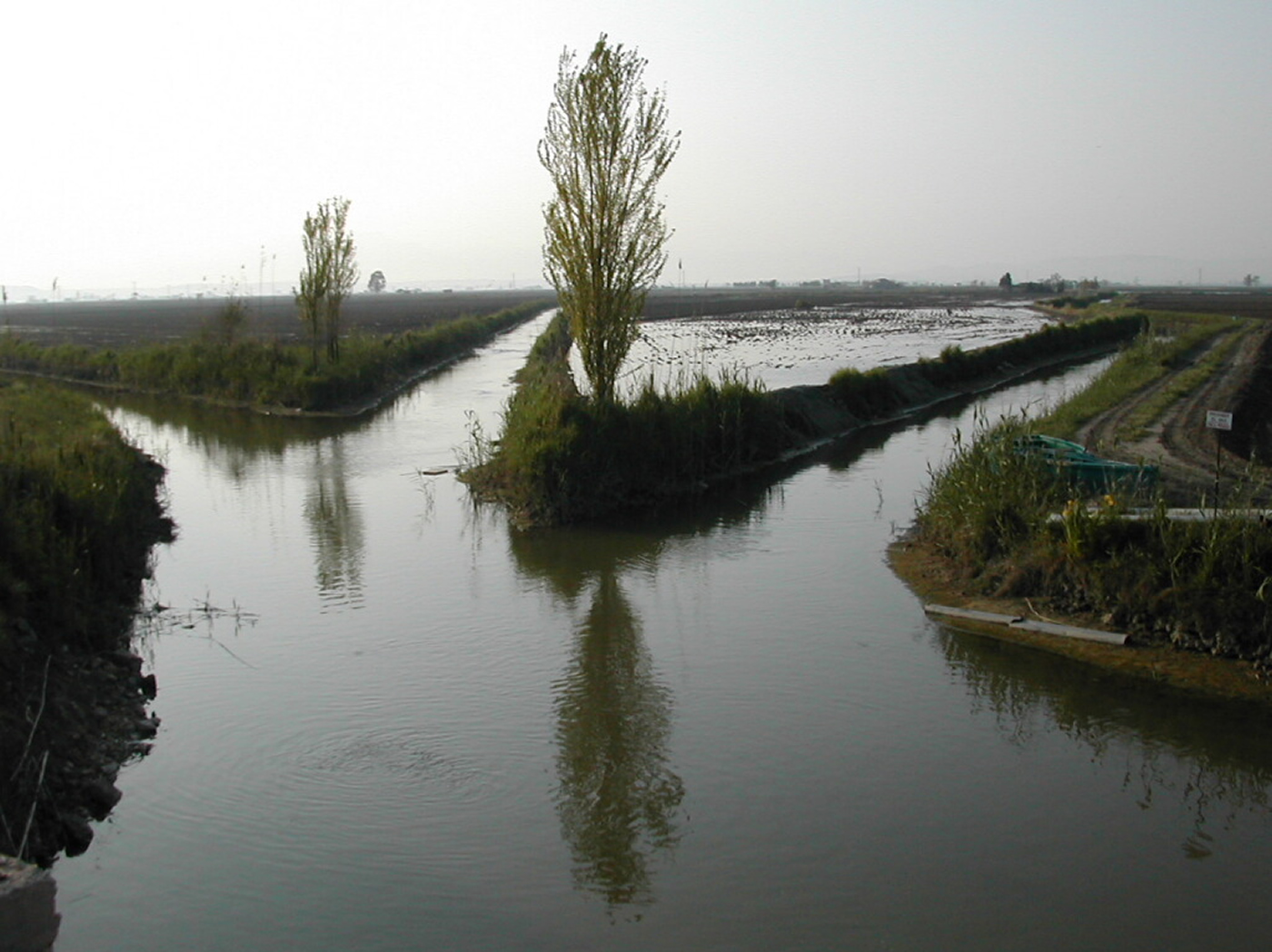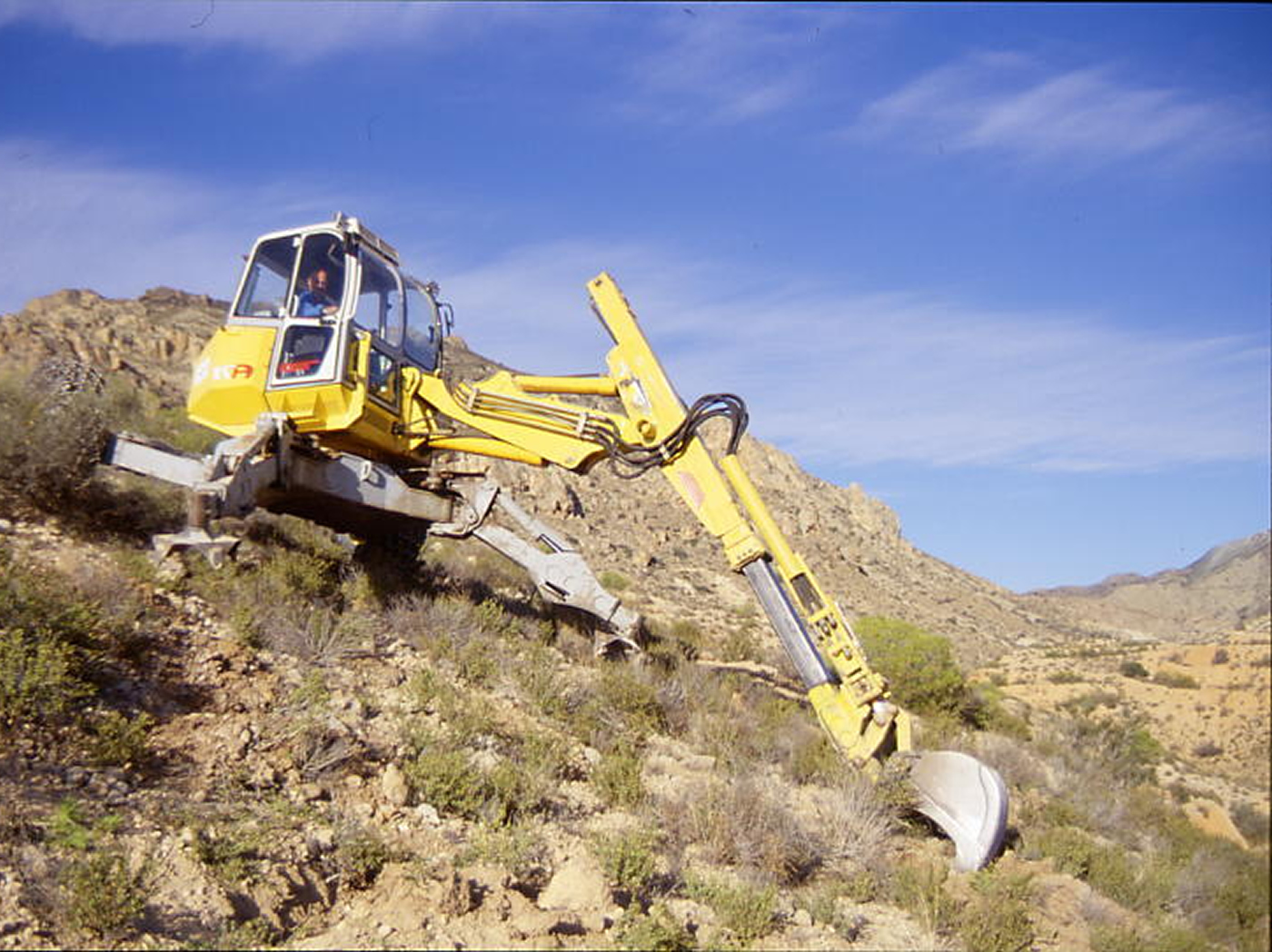



Hosted by Susana Bautista and Alejandro Valdecantos, University of Alicante
Community-scale manipulative field and mesocosm experiments are critical to the development of evidence-based restoration approaches, providing useful insights on the factors that control the assembly and dynamics of the target communities, testing the main processes, mechanisms and interactions that control the response of the ecosystems to restoration actions, and assessing the potential of restoration techniques.
Dryland vegetation is naturally patchy, and its dynamics is controlled by feedbacks between the spatial and biotic pattern of the plant patches, resource redistribution, and plant growth. Understanding these structure-function relationships and how they can be modulated is of paramount importance for the successful design and implementation of dryland restoration.
In this field trip, we will visit a variety of field manipulative and mesocosm experiments that investigate (i) the role of plant-plant interactions and resource availability in the restoration of degraded alpha-grass steppes and dwarf shrublands, (ii) the potential of low-cost restoration eco-technologies that exploit dryland source-sink hydrological dynamics, and (iii) the effects of increasing patch size and within-patch diversity in the overall functioning of restored drylands.
Tentative timetable
|
8:45 9:00 |
Meeting time Depart from University of Alicante Campus, Sant Vicent del Raspeig. |
|
10:00 |
Petrer. Alpha-grass restoration field site |
|
12:00 |
Agost. Pottery museum |
|
13:00 |
Lunch |
|
15:00 |
Sant Vicent del Raspeig. Ecotechnologies and plant interactions |
|
16:00 |
Sant Vicent del Raspeig. Dryland diversity-function experiment |
|
17:30 |
Arrival to University of Alicante |












ALO CONGRESS- VIAJABIEN S.L.
Numancia, 73, 7º C2
08029 - Barcelona (Spain)
Phone: (+34) 933 633 954
secretary@sere2022.org
Payment and invoices
admin@sere2022.org